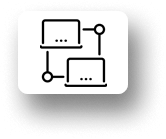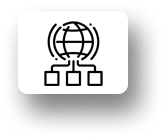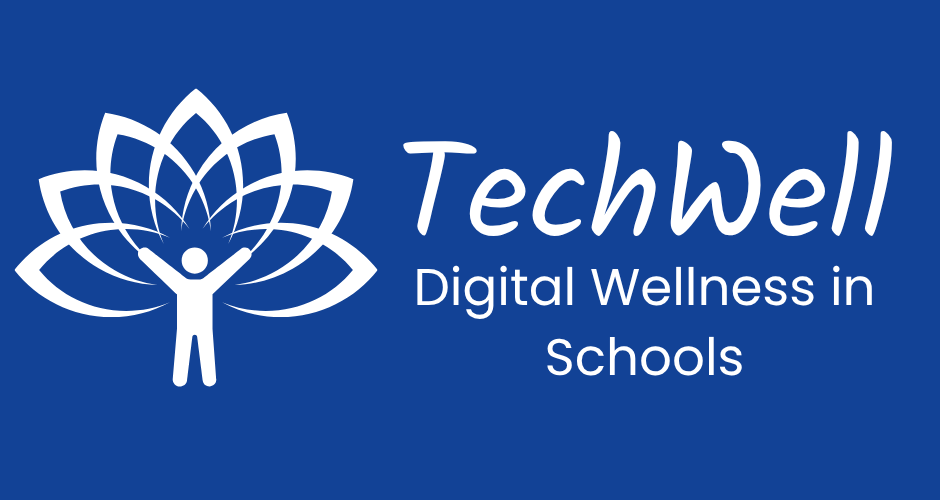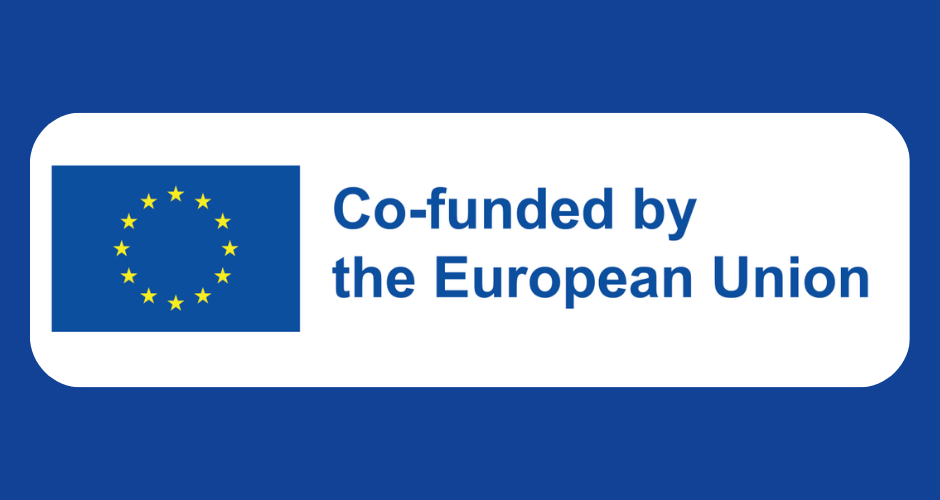Digital Wellness in Schools
Project Overview
TechWell is an Erasmus+ Policy Experimentation project focused on digital wellbeing in education.
The project supports schools in creating healthy, balanced, and inclusive digital learning environments by testing and co-designing practical strategies, tools, and policy approaches. Working with ministries, education authorities, edtech organisations, and universities across Europe, TechWell helps turn digital wellbeing from a concept into everyday school practice.
The project’s goal is to equip schools with the knowledge, tools, and guidance needed to support wellbeing and deliver high-quality, inclusive digital education.
Activities

Coordinates the overall project implementation, timelines, and quality assurance. Ensures smooth cooperation between partners and compliance with Erasmus+ requirements.

Develops the digital wellbeing strategy through research and multi-stakeholder collaboration. Supports policy experimentation by translating insights into practical frameworks for schools.

Implements and tests digital wellbeing approaches in real school environments. Collects feedback from educators and students to refine tools and methods.

Evaluates the impact of the Digital Wellbeing Solution through real-life demonstrations. Uses evidence and feedback to improve tools, processes, and ensure long-term effectiveness.

Ensures the visibility and impact of the project across Europe. Shares results through events, networks, and online communication channels to support long-term uptake.
Target Groups and Benefits
Students
Improved digital literacy, healthier digital habits, reduced stress, and enhanced overall wellbeing. Students will experience a more balanced and supportive digital learning environment, contributing to better academic performance and personal growth.
Teachers
Access to resources and training to integrate digital wellbeing into their teaching practices, leading to improved professional wellbeing. Teachers will be better equipped to manage digital tools and foster a positive digital culture in the classroom.
School Principals
Tools and strategies to implement and oversee digital wellbeing initiatives, enhancing the school’s educational environment. Principals will lead more effective digital wellbeing programs, promoting a healthier school culture.
Parents
Guidance on managing their children’s digital habits and supporting their wellbeing. Parents will be more engaged and supportive, fostering a home environment that complements
the school’s digital wellbeing efforts.
Schools
Structured frameworks and evidence-based strategies to enhance digital wellbeing. Institutions will integrate these practices into their operations, leading to a systemic improvement in the educational experience.


Project Timeline
STARTING DATE: 01.03.2025
PROJECT DURATION: 24 month

